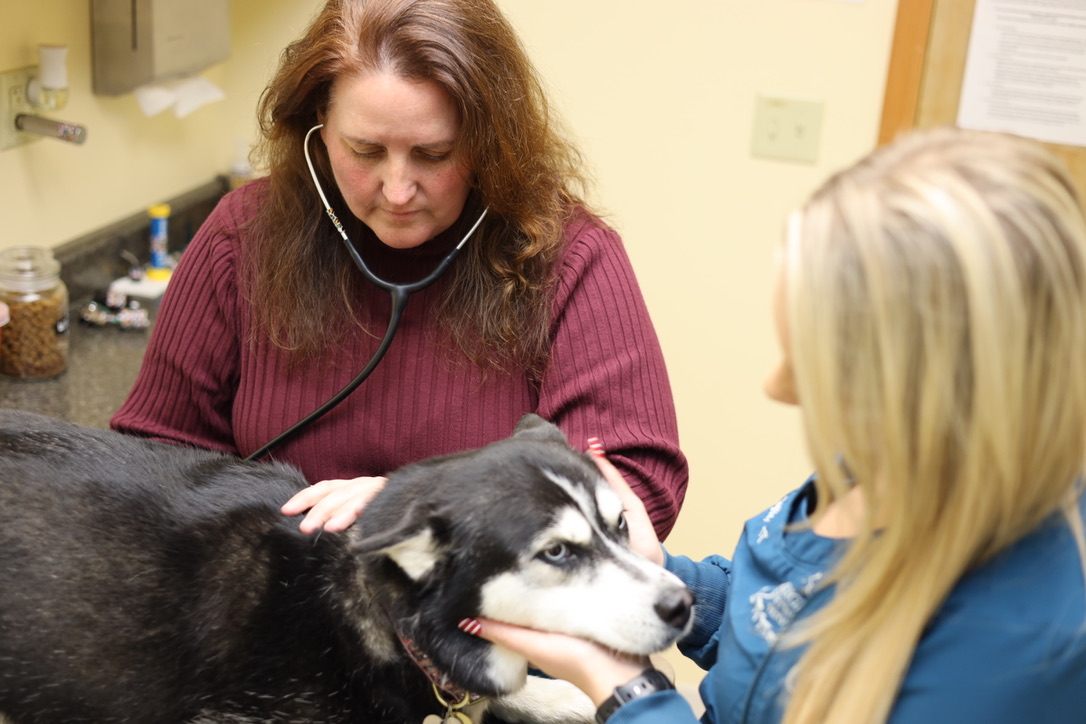Effective Pet Pain Management at Allegheny Veterinary Services
 Pain management is an essential component of your cat, dog, or companion animal pet’s well-being, comfort level, and quality of life. Regardless of whether he is suffering from pain resulting from an acute injury, chronic/terminal illness, or surgery, he deserves to have access to effective short and long-term pain management. Please note that many pain medications that are marketed for human usage can be dangerous to give to your cat or dog. At Allegheny Veterinary Services, we will provide your pet with safe, effective pain control to keep him comfortable and happy.
Pain management is an essential component of your cat, dog, or companion animal pet’s well-being, comfort level, and quality of life. Regardless of whether he is suffering from pain resulting from an acute injury, chronic/terminal illness, or surgery, he deserves to have access to effective short and long-term pain management. Please note that many pain medications that are marketed for human usage can be dangerous to give to your cat or dog. At Allegheny Veterinary Services, we will provide your pet with safe, effective pain control to keep him comfortable and happy. Recognizing Signs of Pain in the Cat and Dog
Unfortunately, our pets often suffer in silence. They are experts at hiding their pain until it becomes excruciating, at which point it becomes much more difficult (but not impossible) to control. While your pet is a patient at our hospital for surgery or a medical procedure, we constantly evaluate for signs of pain and his or her doctor will create a custom pain management protocol, which may include: intravenous injections, epidurals, constant rate infusions, oral medications, and local anesthetics. When your dog or cat returns home, please be alert for signs and symptoms that may indicate pain:
- Limping
- Crying Out/Whimpering
- Decreased Appetite
- Limited Activity Level
- Reluctance to Climb Stairs
- Refusal to Jump
- Ears Held Flat Against the Head
- Personality Changes
- Excessive Panting
- Unusual Behavior
- Avoidance of Affection
- Refusal to Stand
- Uncharacteristic Aggressiveness When Approached
- * Notably, a cat in pain will most likely act reclusive and hide.
Chronic Pain Treatment for Pets With Diseases and Terminal Conditions
Professional long-term, chronic pain treatments are offered for our patients with certain diseases and terminal medical conditions, such as cancer, arthritis, and kidney disease. You will work together with our veterinarians to discuss the pros and cons of the medications available, which may include NSAIDs, corticosteroids, opioids, supplements, herbal products, laser therapy, acupuncture, and other medications and alternative health therapies.
